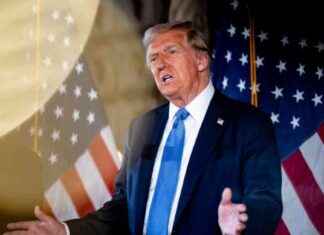* The author is part of the community of readers of La Vanguardia
“Education is not to domesticate or train, but to liberate and develop” (Johann Heinrich Pestalozzi)
School difficulties and academic failure is a very topical topic and very appropriate to be addressed with a multidisciplinary and holistic perspective, that is, as a whole.
We try to study this problem from three aspects:
Three wheels that must rotate synchronously
Education should not only transmit knowledge, but also form character and values.
An individualized diagnosis and teaching tailored to your possibilities is necessary. A school equipped with ad hoc Medical Services is very necessary.
In the family there may be facets that intervene in school difficulties.
The objective of education is to form beings capable of governing themselves, not to be governed by others. The school can have a significant participation in school difficulties.
J. Levine and G. Vermeil consider important causes:
“Teachers do not teach things but ways” (Gregorio Marañón)
It is essential that the role of teacher and educator be distinguished. Every teacher must be prepared to impart knowledge of his or her discipline but also to distinguish the difference between educating and teaching. You do not learn to educate by intuition, self-taught or spontaneous generation. Every teacher must have sufficient general knowledge of:
The problem of school difficulties belongs to several disciplines, but the action should be global so as not to add to the risk factors those of fragmentation and reduction that are so detrimental to the child and the family.
It is worth remembering that thought by Bertrand Russell: “There is but one path to human progress in education, as in all human things, and that is science guided by love. Without science, love is impotent; without love , science is destructive”.














